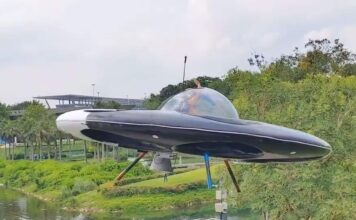In order to ensure the safe production capacity of electric vehicles, Mercedes-Benz announced that it has signed a new contract with the Chinese battery supplier CATL to consolidate the supply source of lithium batteries for many years to come.
CATL, the leading global automotive lithium battery supplier, has only recently announced that it will open a new factory in Hungary to seize the battery supply chain produced locally in Europe.
Mercedes-Benz then announced that they have reached a new cooperation with CATL to expand supply.
As early as 2020, Mercedes-Benz has already cooperated with CATL. As the new battery factory is about to start construction, Mercedes-Benz has confirmed that it will become the original customer of this battery factory and also the largest order.
As an indicator of the German auto industry, Mercedes-Benz has announced last year that it will achieve the strategic goal of full electrification by 2030. To achieve this, it is estimated that the amount of batteries required is as high as 200 GWh per year.
This number cannot be digested by a single battery factory, and in order to ensure the diversification of the supply chain, Mercedes-Benz expects to use batteries from eight battery factories, four of which are located in Europe.
Although the two sides did not reveal much about the details of the cooperation, the strength of the Ningde era lies in the lithium iron phosphate battery (LFP),
The next generation of Mercedes-Benz electric vehicles EQA and EQB will use LFP batteries and are expected to be delivered in 2024. It is reasonable to speculate that these new cars will probably use the batteries from the Hungarian factory of CATL.
CATL currently has a battery factory in Germany, located in Erfurt, Germany. It will start construction in 2019 and start production in 2022 with a production capacity of 8 GWh per year, which can be expanded to a maximum of 14 GWh in the future.
However, this figure obviously underestimates the demand for lithium batteries for electric vehicles. Therefore, the Hungarian factory has been greatly upgraded, costing 7.5 billion euros, and the maximum annual production capacity has reached 100 GWh.
In addition to higher production capacity, the new battery plant has an advantage for European carmakers.
The new factory will strictly require carbon emissions. CATL stated that the Hungarian factory will be built to the standard of complete carbon neutrality, which will further reduce the carbon emissions of electric vehicles and help car manufacturers reduce carbon emissions.




